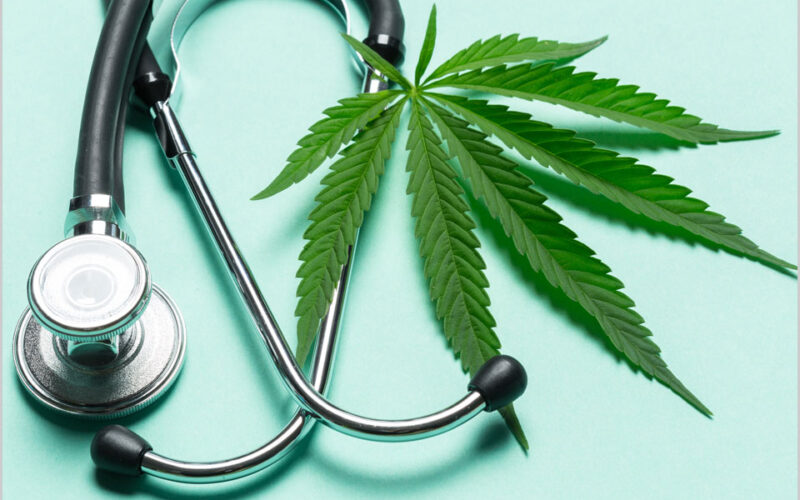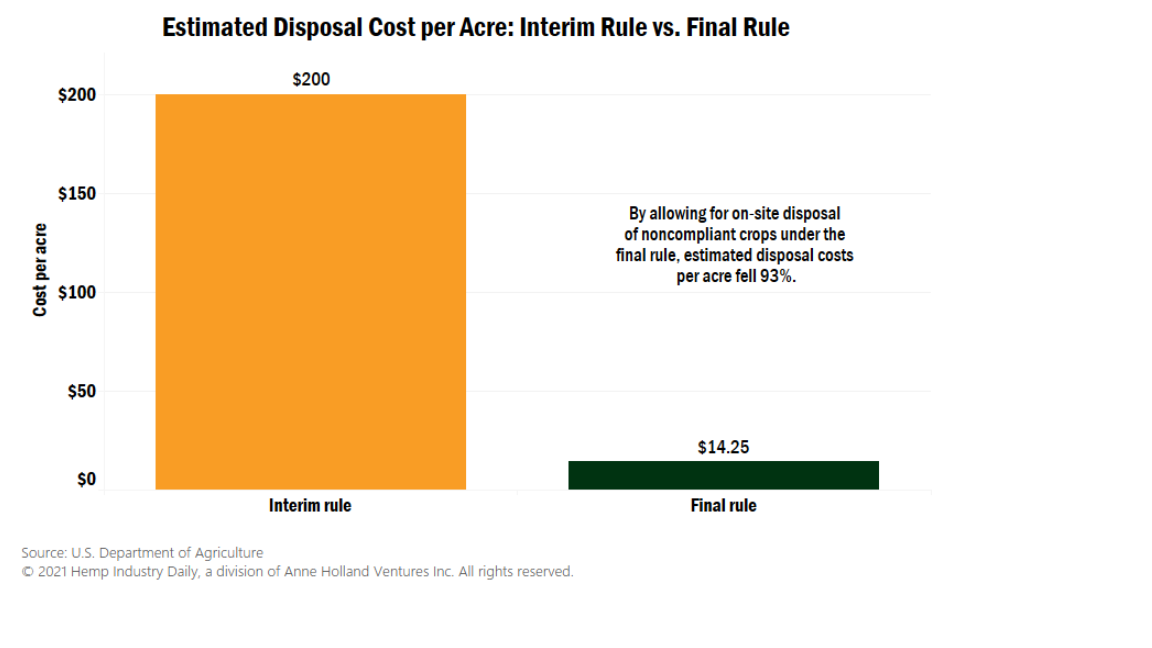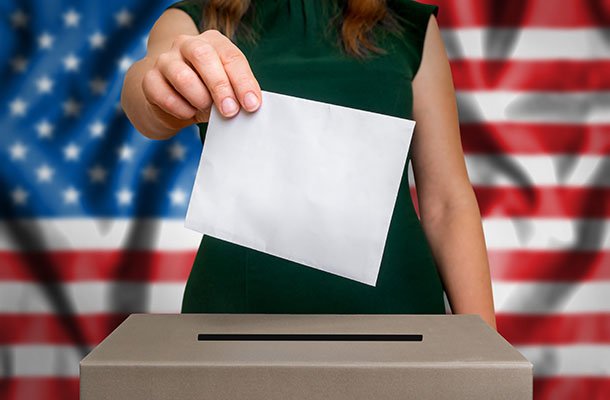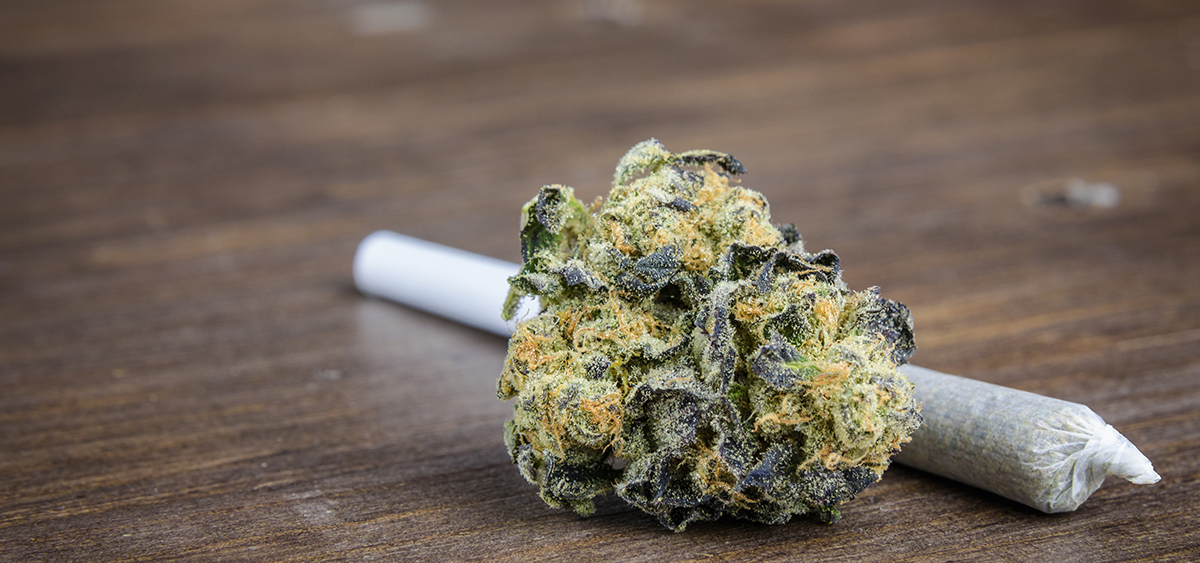Republican Governor Kay Ivey has signed legislation into law providing for state-regulated medical cannabis access to qualifying patients with a physician’s recommendation.
Governor Ivey said, “I’ve signed SB 46 pertaining to medical marijuana. I would like to thank Sen. Tim Melson and Rep. Mike Ball for their hard work over the last few years and their commitment to continue to work on this to ensure we have a productive, safe and responsible operation in Alabama.”
Senate Bill 46 permits registered patients to possess up to “70 daily dosages” of medical cannabis at one time, with each dose at a maximum of 50 milligrams. Patients would not be allowed to access cannabis flower material or cannabis-infused edible products. Rather, medical cannabis formulations would need to be in the form of: “tablets, capsules, tinctures, or gel cubes for oral use; gels, oils or creams for topical use, or suppositories, transdermal patches, nebulizers, or liquids or oils for use in an inhaler.” Almost no other state imposes similar restrictions.
Eligible patients must be diagnosed with one of 15 eligible conditions, including chronic pain, epilepsy, depression, and multiple sclerosis. Under the law, medical cannabis products would not be a first-line option for patients, as physicians would only be able to make recommendations “after documentation indicates that conventional medical treatment or therapy has failed.” Those under 18 would be limited to low-THC products.
The bill also includes a nine percent tax on medical cannabis sales. Business licensing applications are expected to be available by the fall of 2022.
The measure takes immediate effect.
Commenting on the bill signing, NORML State Policies Manager Carly Wolf said, “This measure is an important first step for Alabamans. As written, this program is limited in its ability to sufficiently address the real-world needs of patients — many of whom receive maximum benefit from inhaling cannabis flower rather than oral formulations, which are often far slower acting and more variable in their effects. Furthermore, we reject the notion that cannabis should be a treatment of ‘last resort.’ That said, this law begins the process of providing Alabamans, for the first time, with a safe, legal, and consistent source of medicine. In the coming months and years, we anticipate and hope that lawmakers will continue to expand this access in a manner that puts patients’ interest first.”
Medical Disclaimer:
The information provided in these blog posts is intended for general informational and educational purposes only. It is not a substitute for professional medical advice, diagnosis, or treatment. Always seek the advice of your physician or other qualified healthcare provider with any questions you may have regarding a medical condition. The use of any information provided in these blog posts is solely at your own risk. The authors and the website do not recommend or endorse any specific products, treatments, or procedures mentioned. Reliance on any information in these blog posts is solely at your own discretion.







